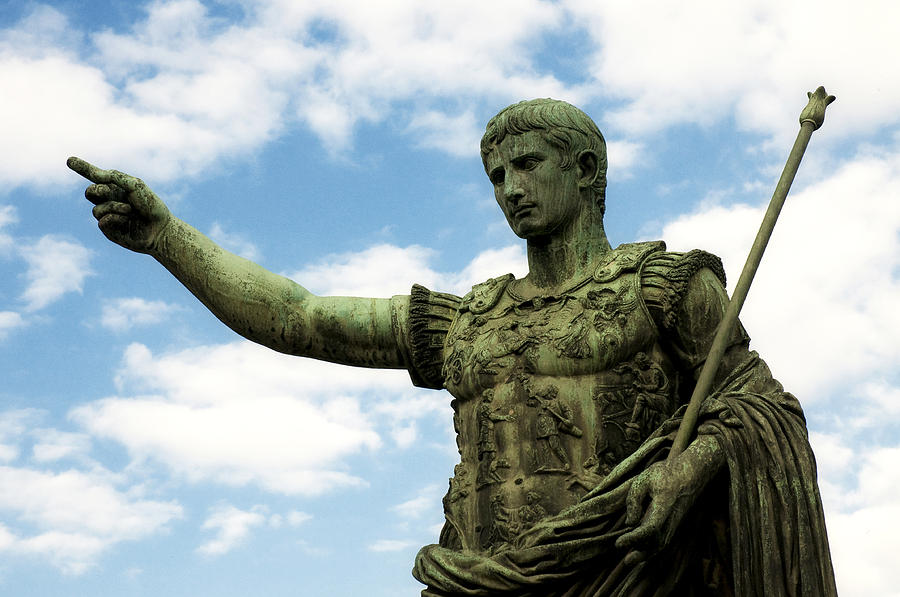Over a year ago, I began a correspondence with Edwin ("Ed") D. Freed, Emeritus Professor of Religion, Gettysburg College, Pennsylvania. The correspondence began due to my interest in Ed's fabulous book,
Lincoln's Political Ambitions, Slavery and the Bible (Wipf and Stock, 2012).
Freed's work argues the opposite of what the majority of Lincoln scholars have concluded regarding Lincoln's knowledge of the Bible, namely, that Lincoln's knowledge of Scripture was at best, superficial, and when used, it was for purely political ends. Freed
carefully attends to the words of Lincoln himself, rather than the myths that surrounded him, no doubt spurred on by his martyr- like death on Good Friday, April 14, 1865.

I, for one, am convinced of Ed's arguments, but unfortunately, Lincoln scholars remain mum regarding his contribution. Ed has personally remarked to me, both in emails and in person how frustrated he has become with this silence. I can only surmise that his careful work rocks the boats of the Lincoln scholarly community, who like most Lincoln admirers, myself included, would rather like to think that our greatest President had a vast knowledge of Scripture. But as Freed and some others note, Lincoln knowledge of the Shakespearean corpus and his study of Euclid's
Elements, were just two bodies of literature with which he was more intimately acquainted than the Bible.
Anyone who is serious about learning about the intellectual and spiritual life of our greatest President would do well in
getting this book. More about my time with Ed will be shared in subsequent posts.





